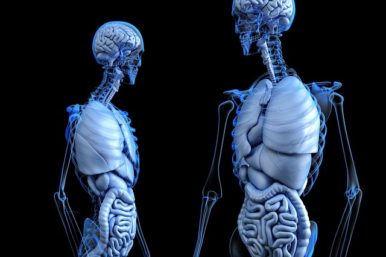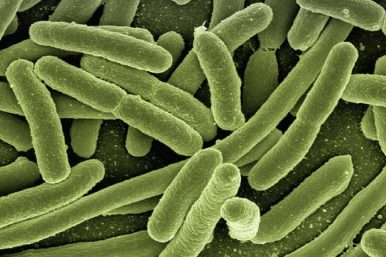What is acid reflux disease, you ask? Let’s start with a quick biology lesson. Your lower esophageal sphincter (LES) is the valve that allows food to travel from your esophagus to your stomach, but not back up. Acid reflux disease, or GERD (gastroesophageal reflux disease), develops when the LES is damaged. Your stomach contains hydrochloric…
Colorectal Cancer Deaths on the Rise in Younger Patients
Image credit – Getty Images Colorectal cancer, the third most common cancer in the world, is usually associated with older generations over the age of 50. In fact, routine cancer screenings are traditionally not recommended for those under the age of 50. However, according to a CNN report, there is an increase in the number…
Interesting Facts About the Bacteria in Your Gut
Your gut micro-biome, otherwise known as the host of bacteria that live inside your gut, plays a fascinating role in your well-being. We have more bacteria living in our bodies that we have human cells. Luckily, most of these bacteria are helpful critters that protect us from diseases and helps us to digest food in…
How to Live with Celiac Disease
What is celiac disease? Celiac disease is a severe autoimmune disorder where ingesting gluten damages the small intestines. One in every one hundred people worldwide suffers from celiac disease. When a person who suffers from celiac disease eat gluten, their bodies start an immune response which attacks the small intestines. The small intestines have villi…
What is Crohn’s Disease?
Crohn’s disease is a specific chronic inflammation of the bowel. Unlike other bowel inflammation diseases, Crohn’s disease can affect any part of the gastrointestinal tract – all the way from the mouth to the anus. Mostly, it is the inflammation of the small intestines, especially where the small intestines meet with the colon. There are…





